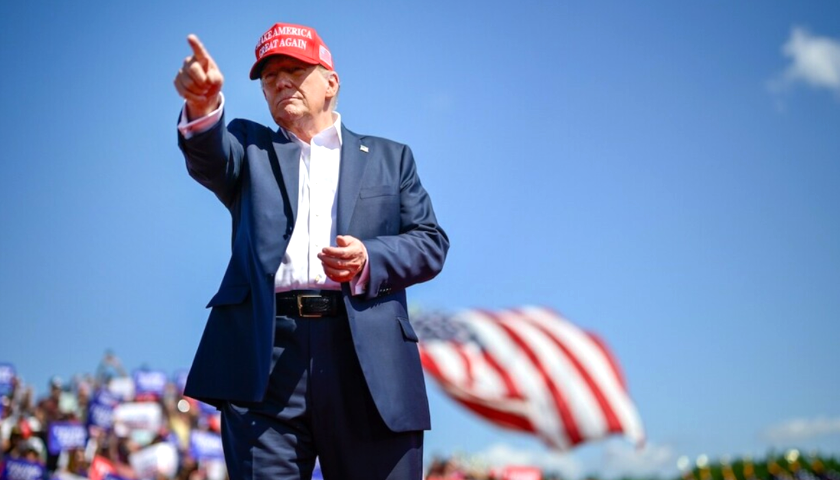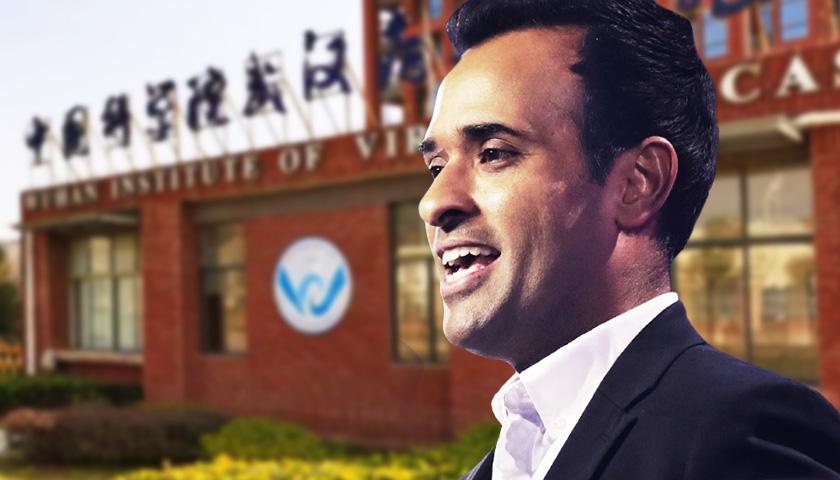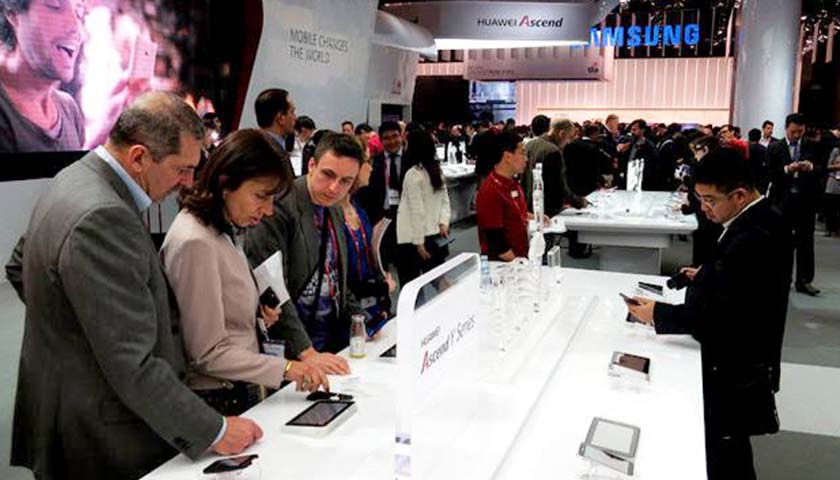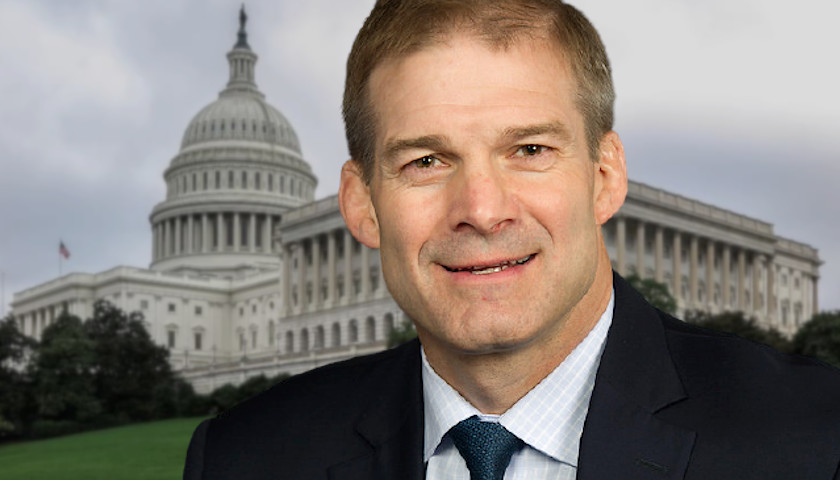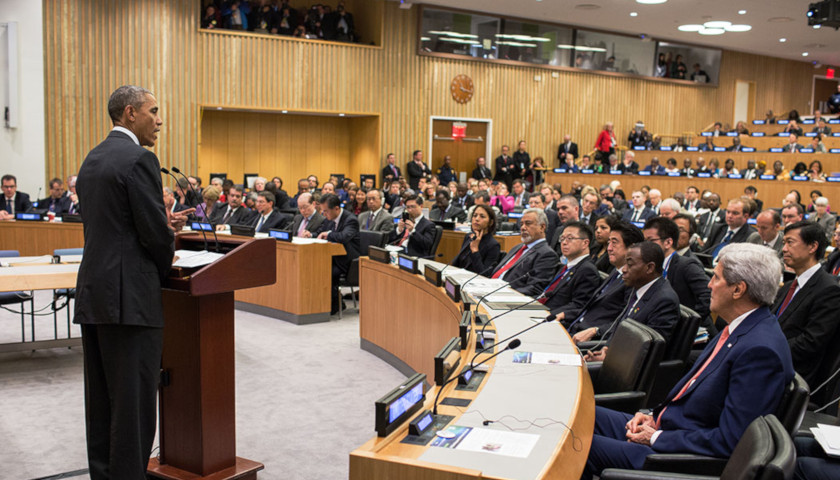by Edward Ring On November 30, 1999, the largely theoretical question of globalism exploded into reality with the spectacle of 50,000 demonstrators shutting down a major meeting of the World Trade Organization in Seattle. News coverage of this unexpected sensation, with expertly rendered video montages of police phalanxes, black-clad anarchists, smashed glass, snarled traffic, accompanied by animated commentary, provided American television media with a daily potboiler for a few days. Then globalism was again forgotten. In 1999, America’s progressive Left viewed globalism as the root cause of poverty, environmental destruction, and the disintegration of ancient cultures. They perceived globalism as the movement by multinational corporations, and their client organizations, the supranational World Trade Organization, the International Monetary Fund and the World Bank, to control the development and growth of supposedly sovereign nations. Instead of allowing developing countries the opportunity to grow diverse, self-sufficient economies, in the hallowed name of “free trade,” they were force-fed loans that required them to spend on mega-projects, cash crops, mines, dams, low-wage manufacturing plants—all built by multinationals that destroy the economic independence of the countries they enter. In 1999, Americans who bought running shoes produced by slave labor overseas, ate hamburgers made from cattle…
Read the full story

